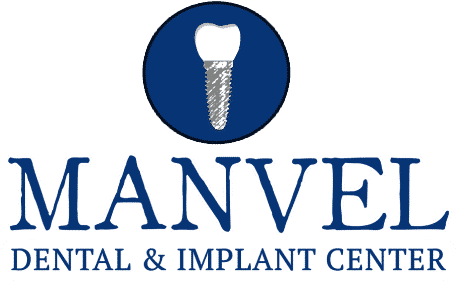CREATING BEAUTIFUL SMILES WITH
POST OPERATION AFTERCARE
After surgery, the last thing you want to worry about is a complication caused by poor postoperative care. We aim to help patients achieve the best results after surgery by integrating a postoperative plan into their lives until they fully recover. Following this plan will make their recovery faster and more successful.

Bleeding
It is crucial to avoid irritating the wound after the placement of dental implants. You should avoid rinsing, spitting, or touching the wound on the day of surgery. Some doctors may even advise you to avoid blowing your nose. You usually experience some bleeding, pain, and swelling after your surgery, but you can keep these post-op irritations to a minimum by following certain tricks.
Following the procedure, maintain steady pressure over the surgical site for one hour. Pressure reduces bleeding and allows clotting to form. Gently remove the compress. If bleeding persists, place another compress and keep steady pressure on the area for one hour. We recommend applying a moistened tea bag to the site for 30 minutes to stop bleeding. If case bleeding persists, please get in touch with our office for further instructions.
Limiting or reducing your oral activity as much as possible is essential following surgery. Avoid unnecessary eating, drinking, and talking. These oral activities may hinder proper healing.


Swelling
If an ice pack is unavailable, fill a heavy plastic bag with crushed ice, and cover it with a soft cloth to avoid skin irritation. If any swelling occurs in the area of surgery, an ice pack can be applied directly to the cheek or jaw. By securing the end, you can refreeze and reuse frozen bags of peas as ice packs.
To prevent excessive swelling and discomfort following the procedure, it is advisable to apply an icepack for two to four hours — 20 minutes on and 20 minutes off — for two to four hours. In the first 24 hours, you may experience swelling and possibly a fever of 99° to 100° F. You should apply the ice as often as necessary.

Pain
As soon as the anesthesia wears off and your feeling has returned to normal, begin taking medication as directed by your doctor to minimize discomfort from the pain. The 200 mg tablets of Tylenol or Ibuprofen are available over the counter for moderate pain. Two to three tablets can relieve the pain every three to four hours. If you experience severe pain, you should take the prescribed medication as directed. If you experience significant pain, take the prescribed narcotic medication.
When the anti-inflammatory medication is prescribed, take it with food immediately following the procedure and directions. For mild to moderate pain, you can take 600 mg of Ibuprofen every six hours if you have not been prescribed any anti-inflammatory medication and don’t have an allergy to Aspirin or Ibuprofen (Motrin). If you are allergic to any of these medications, or your doctor has instructed you not to take them, do not take them.


Ongoing Oral Hygiene
It is imperative to maintain good oral hygiene. During the first 24 hours after surgery, rinse with warm salt water (a teaspoon of salt in a cup of warm water). Then, repeat every meal or snack for seven days to minimize the disturbance of the blood clot.
Brush your tongue with a dry toothbrush to limit bacteria growth, but avoid touching the surgical site. Resume regular tooth brushing after two days, but do not disturb the surgical site.
.

Diet
Even though eating might seem like the last thing on your mind after dental surgery, it’s still important to nourish it. During the first two weeks after surgery, avoid hot liquids, spicy foods, acidic juices, chips, popcorn, and carbonated beverages. Instead, you should consume soft, cool food and liquids in the first two weeks after surgery, then return to your regular diet.
Maintain a regular mealtime, eat nutritious foods, and hydrate your mouth regularly with liquids, during meals, and between them. However, be careful not to disturb the blood clot.

Welcome To Our Dental Family
Our office welcomes new patients of all ages. Call today to schedule an appointment. Our services include All on 4, dentures, sleep apnea, dental implants, and wisdom tooth extractions.




